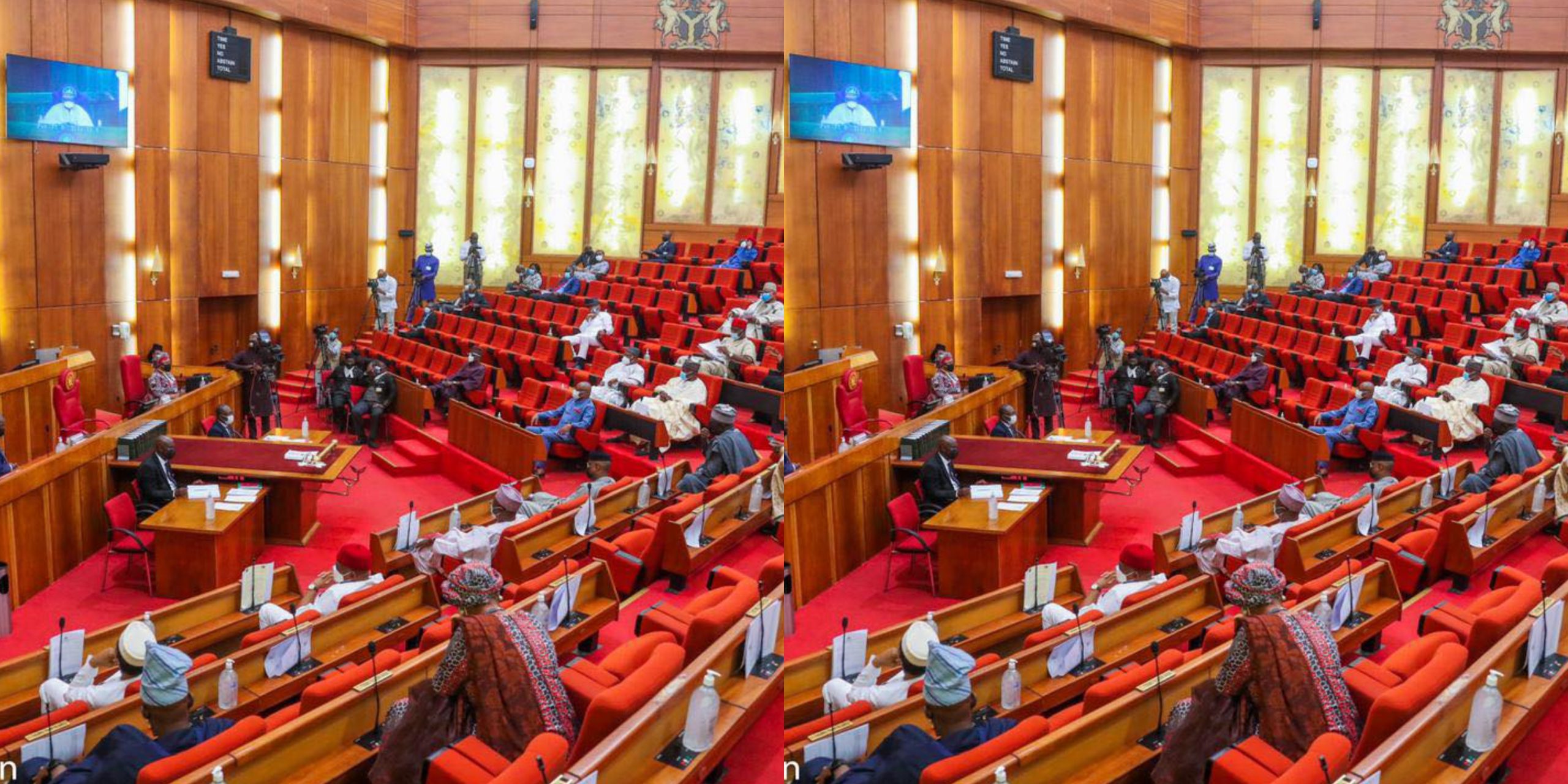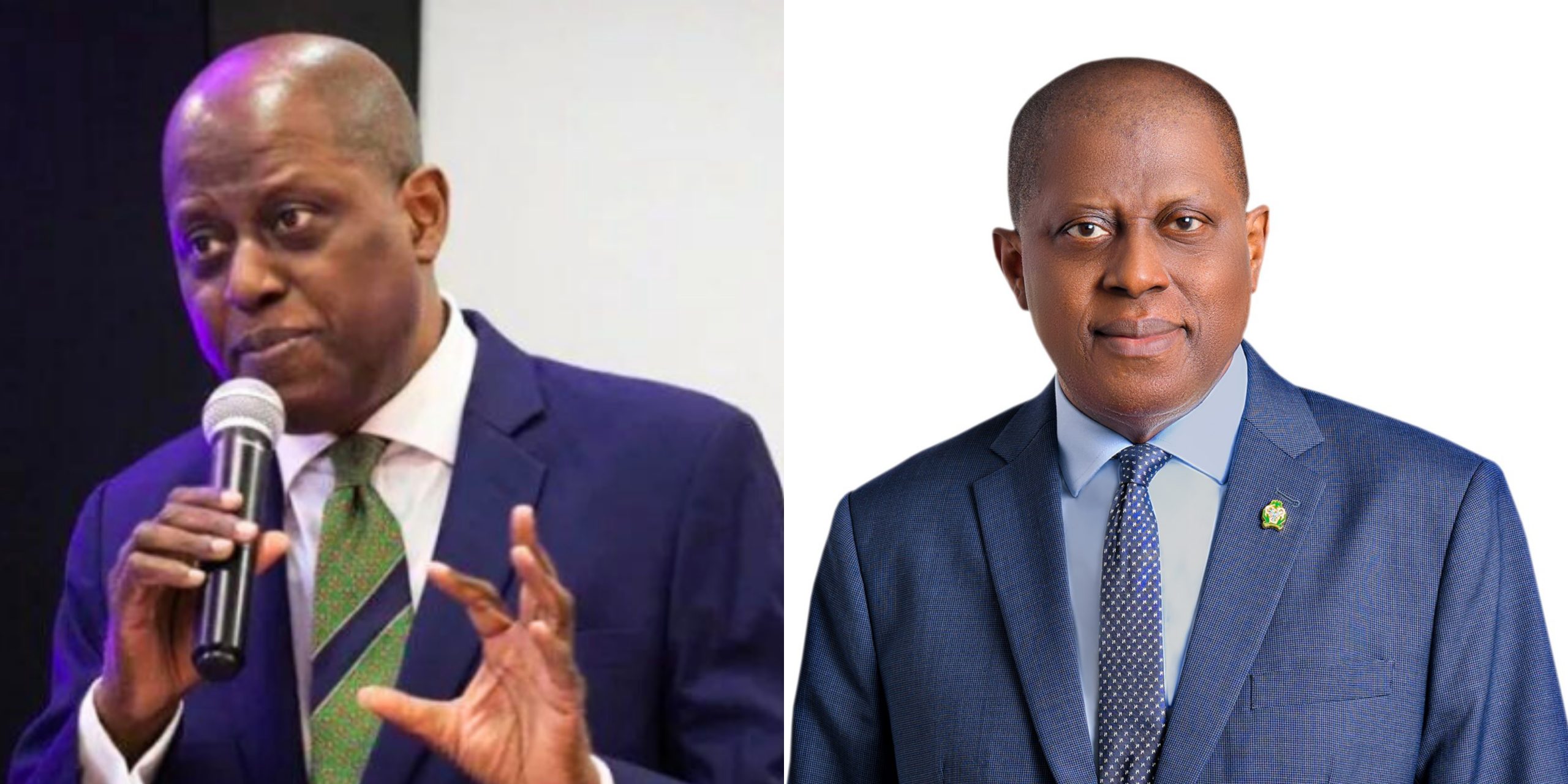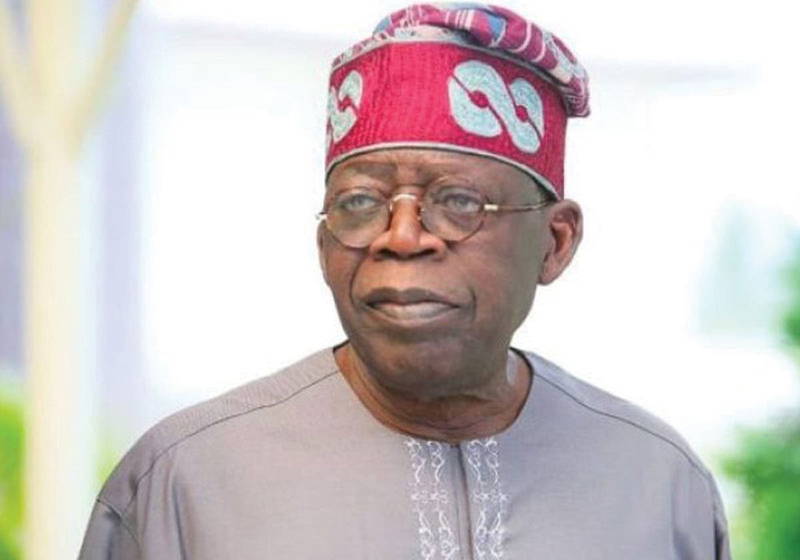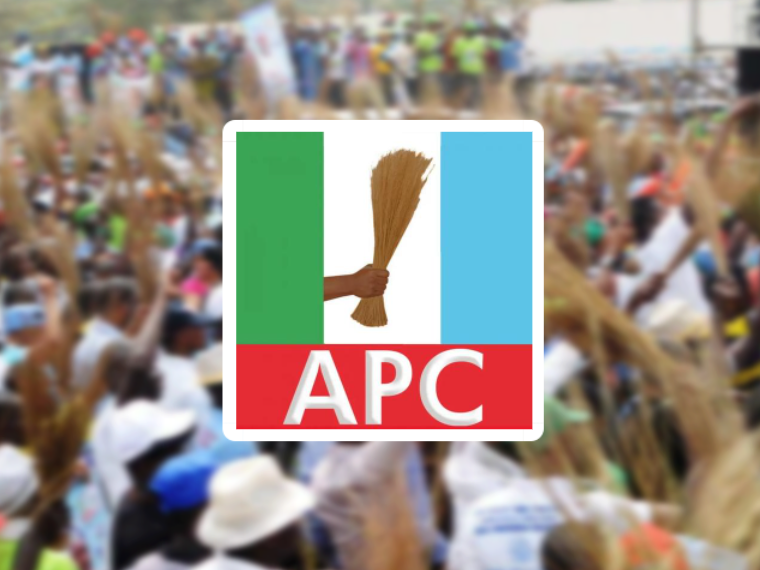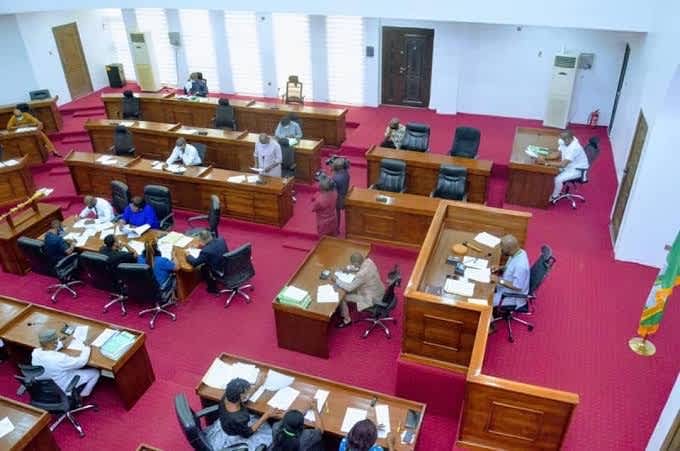A proposal to introduce the parliamentary system of government in the country has successfully passed the first reading in the house of representatives.
The bill, backed by 60 lawmakers, was presented during Wednesday’s plenary session.
Currently operating under a presidential system, Nigeria elects its president directly.
In contrast, the parliamentary system involves the legislature appointing a prime minister, with a less distinct separation of powers.
Lawmakers aim for a transition to this system by 2031, citing perceived flaws in the current presidential system.
Abdulsamad Dasuki, representing the PDP in Sokoto, highlighted concerns, including the high cost of governance and excessive executive powers.
“Among these imperfections are the high cost of governance, leaving fewer resources for crucial areas like infrastructure, education, and healthcare, and consequently hindering the nation’s development progress, and the excessive powers vested in the members of the executive, who are appointees and not directly accountable to the people,” Dasuki said.
The lawmakers said they expect the bill to ignite, and provoke a national conversation about the future of the Nigerian governance system.
“To ensure robust public debates, stakeholder consultations, expert analyses, and a thorough and informed decision-making process, raise awareness about this significant development and encourage constructive dialogue on the potential implications of these proposed constitutional alterations,” they said.
“Our conviction is that a streamlined executive branch, which replaces the president and vice president with a prime minister and cabinet chosen from the legislature could lead to a smaller central government, reducing salaries and administrative expenses.
“We also hold strongly that shifting the election of governors and local government chairmen from the general election to votes within their respective legislative bodies could save billions spent on state and nationwide campaigns,” he said.


